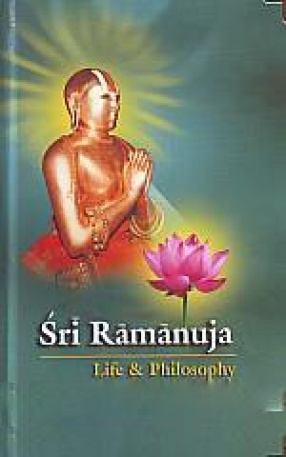
Samskriti Publishers

43 books

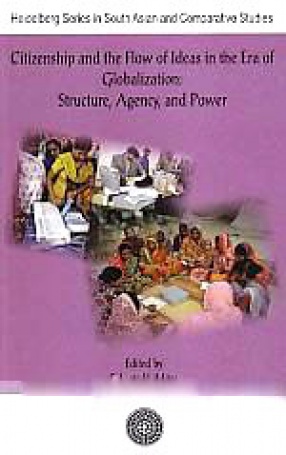
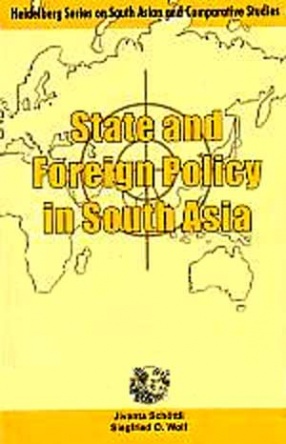

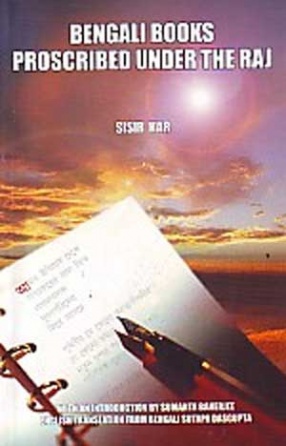
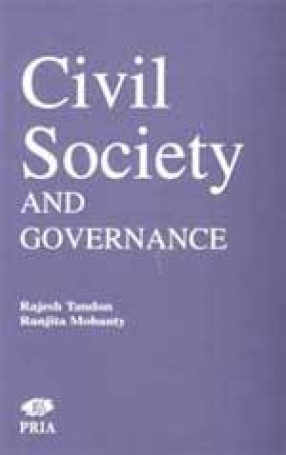
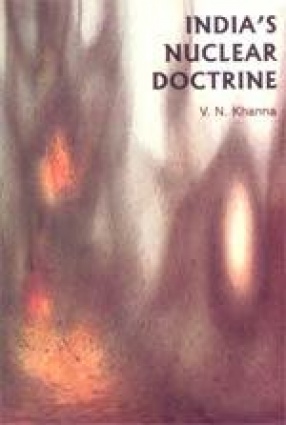
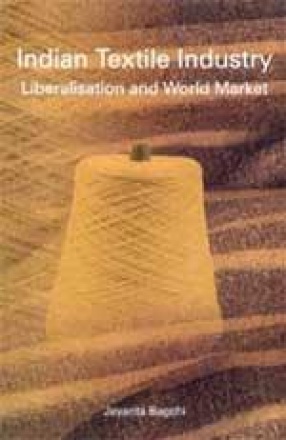
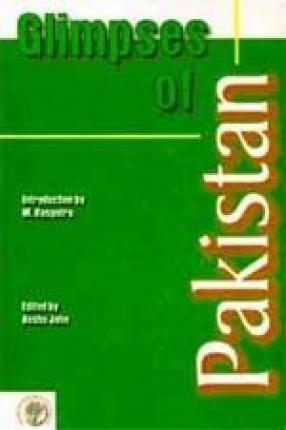


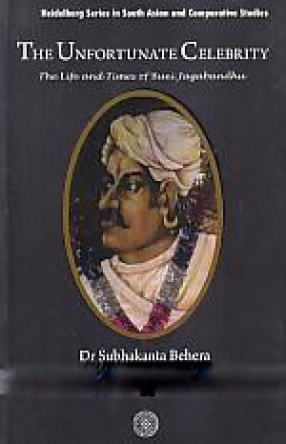
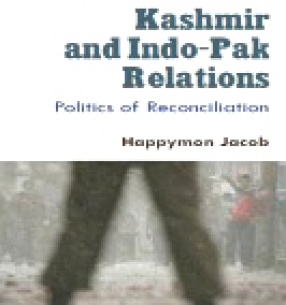
Kashmir and Indo-Pak Relations, Politics of Reconciliation offers a no-holds-barred account of the developments in Kashmir politics and India-Pakistan relations as they unfolded between 2008 and 2013.Culled out from the author’s popular Sunday column in the Srinagar-based Greater Kashmir newspaper “statecraft” and other Op-eds, the book promises to take the reader beyond the traditional narratives on Kashmir and India-Pakistan relations. ...
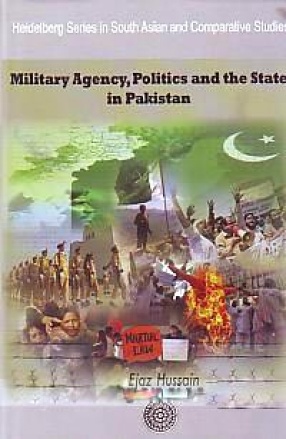
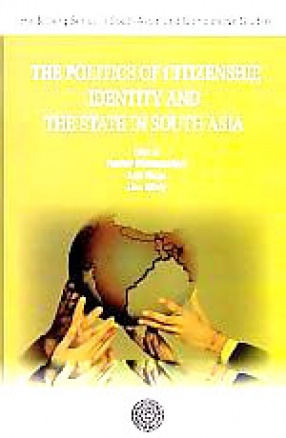

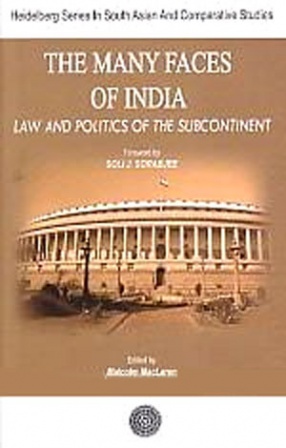
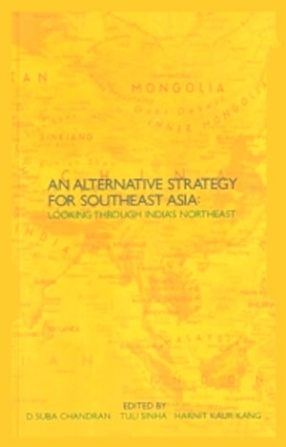
Southeast Asia is region that has in the past two decades, ascended to an area of great strategic importance for India both in terms of the Asian geopolitical balance but also as a nucleus of regional and international commerce. India’s Look East Policy which aims to foster deeper collaboration in a range of sectors with our Southeast Asian neighbors hopes to do so primarily through land based linkages with India's northeast.This book focuses on both ...

Jaina studies are expanding and increasingly gaining in international recognition. Counterbalancing an earlier bias towards research on the Shvetambara community and on north-western India, there are a number of recent surveys on the Digambaras in the South. These studies, however, have generally neglected the modern State of Karnataka. This historically and culturally significant region, in which Jainism has played a major role, forms the focus of the ...




At the time of independence, Indian rural sector was strong and viable in producing growth and employment, reflecting Gandhiji’s remark that "India lives in villages". Implied in this remark was that villages carried the ethos, traditions and philosophy of the country in addition to contributing to growth and employment. But, rural India has progressively declined over the years after independence. The reasons include lack of investment, institutions ...

The potential of civil society in influencing governance has gained currency in academic and policy debates in the recent times. This becomes particularly relevant in an old democracy like India where the state has not been able to meet the need for water, shelter, education, and as recent events show even the food requirements of a large number of people, but where a democratic framework of the state provides space and freedom for people to engage in collective ...
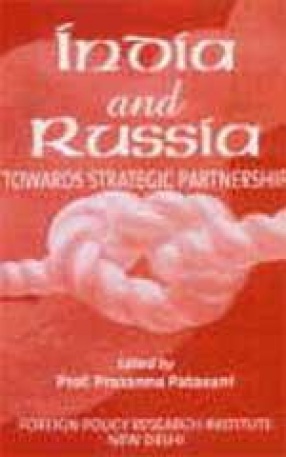
Ever since the beginning of NATO’s Crusade of Yugoslavia, Russian Federation has gradually embarked its foreign policy for bipolar world characteristics, paving the way for strategic partnership. This volume conveys Russia’s foreign policy strategies towards India’s periodic re-assessment of the international politics. The editor would reveal Indo-Russian strategic interests for long search of security in Asia and rectification of neighbouring balance of ...
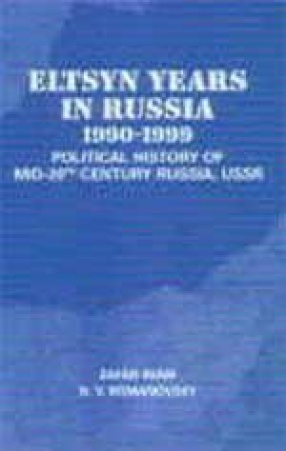
Two major happenings of the last decade of 20 century, the collapse of the once mighty USSR and the rise of a new Russia from its ruins, shook the world. Obviously, these happenings were interlinked, while one mass of people, the Russian people, and one charismatic leader, Boris Eltsyn were common to both. What one did to the other in the span of a generation, a defining decade of 20 century? Simply put, what happened to Russia and its people led by Boris Eltsyn ...
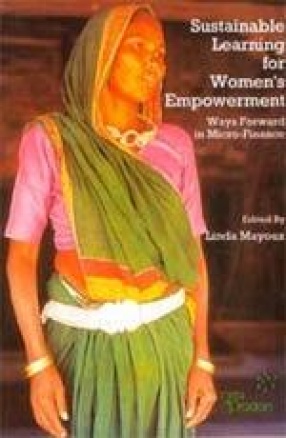
Micro-finance programmes targeting women become a major plank of donor poverty alleviation strategies in the 1990s and funding is set to further increase in this century under initiatives by CGAP and member donor agencies. Literature prepared for the Micro-credit Summit in Washington in February 1997 and many donor statements on credit and NGO funding proposals present an extremely attractive vision of increasing numbers of expanding, financially self-sustainable ...

Agriculture is one of the important areas which went out of GATT because of pressure from the developed countries. It remained outside the mainstream and it looked impossible to get it back. It is a matter of great satisfaction that Agriculture has come back to the mainstream. It has laid down specifically obligation of various countries which have been accepted voluntarily and explained many critical issues. It was the feeling of all concerned that a path ...

At a time when the world is rife with speculation about India's nuclear programme. India's Nuclear Doctrine presents an informed and lucid account of the country's nuclear policy since 1948, through Pokharan I and Pokharan II. Introduced with a foreword by an outstanding scientist and former Union Minister of Science and Technology, Prof. M.G.K. Menon, the book traces the origin and proliferation of nuclear weapons in the world beginning with the first test ...

Textile is one of the very important areas which went out of GATT because of the pressure from developed countries. It remained outside the mainstream for a long time and it looked impossible to get it back into the mainstream. By 2005 textile would be completely liberated and competition will be the only parameter for deciding upon the main issues. The market shares of various countries will be decided accordingly. Modernization in the Indian Textile needs a lot ...

Many developing countries are confronted with the twin imperatives of development and modernization. Each has responded in a distinct manner to these impulses. The underlying premises and perceptions shape public policy. The developing societies in the Muslim world are a part of this wider process. The Observer Research Foundation, New Delhi, has initiated a programme of studying the dynamics of change in Muslim societies in the neighbourhood of India with the ...

This book is a collection of essays by young researchers at Observer Research Foundation. The essays offer a fresh insight into the working of a nation that has remained a turbulent enigma to most of the world. The book explores several critical issues confronting today’s Pakistan, highlighting in the process the dilemma of a nation which brandishes nuclear weapons to gain legitimacy but is fast hurtling towards a future which is as uncertain as the past. ...
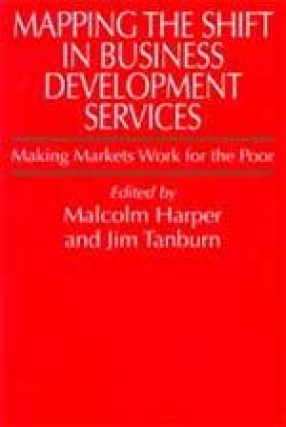
This reader brings together eighteen seminal papers on business development services (BDS). Together with introductory and overview chapters from the editors, these contributions map the evolution since 1990 or assistance to businesses that serve micro- and small-scale entrepreneurs. All have been written by experts with practical experience in a wide range of countries. The selection begins with chapters illustrating the traditional approach to BDS and the ...

Traditional approaches to national security have privileged State security without according equal importance to human security or the security of the individual, its ultimate beneficiary. Neither are non-military threats like economic instability, ethnic, caste and communal tensions, demographic movements, environmental degradation, apart from the continuing menace of terrorism, provided salience, although the focus of national security has decisively shifted ...
